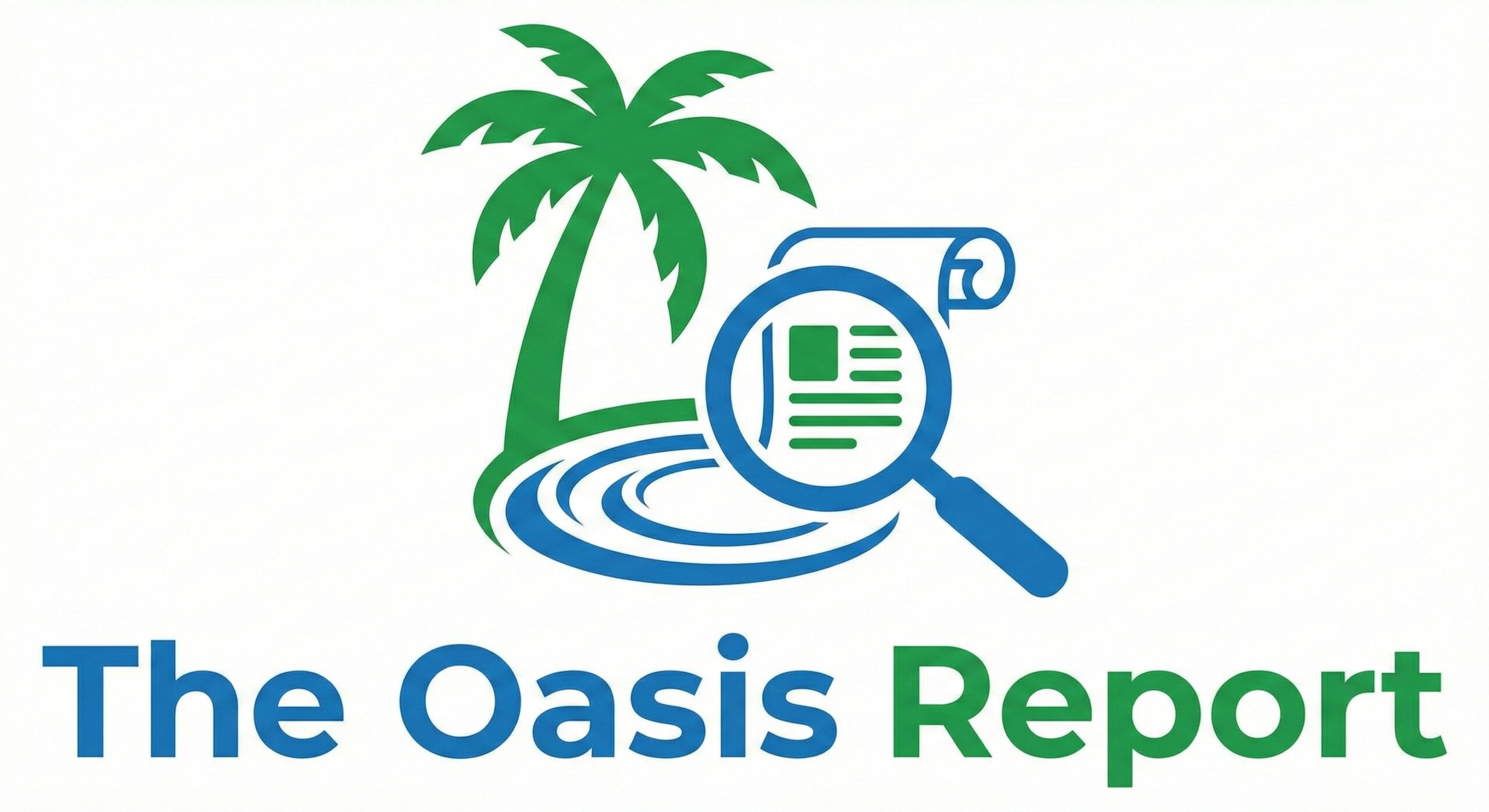Follow Okaz channel on WhatsApp
Together with the Custodian of the Camel Festival of the Two Holy Mosques, we spent 10 days in Riyad Al Majid and Riyad Al Ezz, during which we read about the past that lives with us, the present that we live in, and the future. That title includes details that will please all who love us and anger those who hate us.
Al-Janadriyah, representing the title of Leader, lives within us through the characteristics of yesterday and today and rereads its characteristics in actions among us in relation to the country in which we live.
The festival, which concluded on Sunday, was unique in that it had many advantages in terms of competition and participants.
This year’s Custodian of the Two Holy Mosques Camel Festival witnessed a qualitative leap forward at all levels (inheritance and succession) and a global media presence in all languages of the world. He lived a dazzling story with the village of Janadriya, living with us every detail through the field and drawing inspiration from the history that becomes more beautiful at the height of globalization found in our civilization.
Why did camels, after becoming exclusively captive to the Gulf environment, jump into imitating the rest of the world?
Because behind all this is an inspiring young man whose traces can be found wherever he goes.
This union is led by passionate young people from the stage. We are talking about Prince Fahd bin Jarawi, who turned Prince Abdulaziz bin Turki Alfasal’s trust into fruitful work and tangible success. There is a harmony between the President and the Vice-President that gives the Olympic Committee momentum and is one of our successes today.
In this global demonstration, we discovered a media exchange recorded in all its splendor by our colleague Nasser Al Assaf and his work team, who are working day and night for its success. In fact, the coverage has reached the level of this event, which is no wonder for Saudi youth.
Finally: Let’s consider the issues that the media at the four clubs are preoccupied with. Through them, you will see that you need to reconsider and even readjust the situation. To complete the equation.
A renaissance in sports in our country requires a renaissance in media. Because media is an important element that needs to be reviewed and corrected. Let’s make great progress together.
We spent 10 days attending the King Abdulaziz Camel Festival in the land of glory and pride. In the meantime, we read the past that lives with us, the present that we live in, and the future whose titles present details that will please all who love us and trouble those who hate us.
Janadriya, which stands for the title of leadership, has taken us back to read the characteristics of yesterday and today through the characteristics of the work that relates to the motherland that exists within us and lives there.
The festival concluded on Sunday and was distinguished by many advantages in terms of competitions and participants.
This year’s King Abdulaziz Camel Festival witnessed a qualitative leap forward in all aspects (heritage and legacy), living an impressive story with the village of Janadriya through having a global media presence in all languages of the world, experiencing the details through the site and drawing inspiration from the history that has become more beautiful amidst globalization that has become part of our civilization.
Why did camels make the leap to imitate the rest of the world when they were limited to the Gulf environment?
Because behind all this is an inspiring young man whose fingerprints can be found wherever he goes.
This federation is led by passionate young people of this generation. I am referring to Prince Fahd bin Jarawi, who turned Prince Abdulaziz bin Turki Al Faisal’s trust into fruitful work and measurable success. There is a harmony between the President and the Vice-President that gives the Olympic Committee the momentum that is reflected in our success today.
At this global event, we discovered media interactions that are a unique record of our colleague Nasser Al Assaf and his team, who worked tirelessly day and night for their success. In fact, the coverage has been commensurate with the event, which is no surprise to Saudi youth.
Final Thoughts: A look back at the issues that made headlines for the four clubs. Then you will find that you need to reconsider and even readjust the situation. Until the equation is completed.
The revival of sports in our country requires the revival of the media. Because the media is an important element that should be reviewed and corrected. So that you can soar with success.


